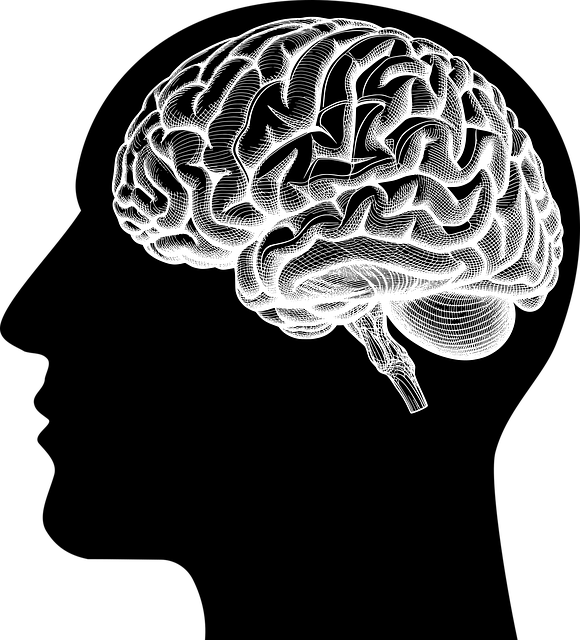Lakewood Hebrew Speaking Therapy tackles chronic stress, a prevalent modern issue, through tailored programs and evidence-based techniques. They empower individuals to manage stress, improve mental wellness, and prevent burnout by teaching healthy coping mechanisms, setting boundaries, and prioritizing self-care. Their approach aims to reduce physical and mental health risks associated with stress, such as hypertension, weakened immunity, anxiety, depression, and concentration difficulties, ultimately promoting balance and tranquility.
Stress reduction is an essential aspect of maintaining overall well-being. In this article, we explore various methods to combat stress, from understanding its far-reaching impacts to adopting holistic approaches like Lakewood Hebrew Speaking Therapy (LHST). LHST offers a unique blend of mindfulness, breathing exercises, and cognitive reframing to address the mind-body connection. Additionally, we provide practical everyday strategies, including time management tips, exercise routines, and self-care practices, emphasizing the importance of creating a balanced lifestyle for effective stress reduction beyond therapy.
- Understanding Stress and its Impact
- – Define stress and its various forms
- – Discuss the physical and mental effects of chronic stress
Understanding Stress and its Impact

Stress is a normal part of life, but chronic or prolonged stress can have significant negative impacts on both physical and mental health. It’s essential to understand that stress isn’t just a fleeting emotion; it triggers a series of physiological responses in the body, often leading to increased heart rate, elevated blood pressure, and heightened anxiety levels. Over time, these responses can contribute to various health issues, including cardiovascular problems, depression prevention, and even impaired cognitive function.
At Lakewood Hebrew Speaking Therapy, we recognize that managing stress is a vital component of maintaining mental wellness. Our Mental Wellness Podcast Series Production offers practical insights and strategies for effective stress management. By understanding the root causes of stress and adopting healthy coping mechanisms, individuals can enhance their resilience and overall well-being. This proactive approach to stress reduction plays a crucial role in fostering a sense of balance and tranquility in daily life.
– Define stress and its various forms

Stress is a natural response to various demands and pressures in our lives, triggered by both internal and external factors. It can manifest in different forms, such as physical, emotional, or psychological tension. In today’s fast-paced world, many individuals experience chronic stress due to work pressure, personal relationships, financial constraints, or health issues. The impact of prolonged stress can be significant, leading to burnout, anxiety, depression, and even physical health problems.
At Lakewood Hebrew Speaking Therapy, we recognize the importance of addressing stress at its root cause. Our specialized programs, including Social Skills Training and Mental Wellness Coaching, aim to empower individuals with effective coping strategies. By incorporating techniques from Cognitive Behavioral Therapy (CBT) and other evidence-based methods, our therapists guide clients towards managing stress, improving their overall mental wellness, and fostering healthier relationships. Additionally, burnout prevention techniques are integral to our approach, ensuring that individuals learn to set boundaries and prioritize self-care.
– Discuss the physical and mental effects of chronic stress

Chronic stress can have profound physical and mental consequences. When faced with prolonged stressful situations, our bodies release cortisol, often referred to as the ‘stress hormone’, which over time can lead to a range of health issues. These include elevated blood pressure, weakened immune system, muscle tension, and even an increased risk of heart disease and diabetes. Mentally, chronic stress may manifest as anxiety, depression, and difficulty concentrating. Individuals might experience insomnia, irritability, and a heightened sense of fear or uncertainty, which can significantly impact daily functioning and overall quality of life.
Lakewood Hebrew Speaking Therapy offers valuable resources for navigating these challenges. By employing evidence-based techniques and empathy-building strategies, therapists assist clients in managing stress and cultivating resilience. This approach, combined with trauma support services where needed, is crucial in mitigating the adverse effects of chronic stress. Mental health professionals are encouraged to conduct thorough risk assessments to ensure they are equipped to handle complex cases, thereby fostering a supportive environment that promotes healing and well-being.
Stress reduction is a vital aspect of maintaining both physical and mental well-being. As chronic stress can have detrimental effects on our health, adopting effective coping strategies is essential. By understanding the impact of stress and its various forms, individuals can take proactive steps towards a healthier lifestyle. Lakewood Hebrew Speaking Therapy offers valuable resources and methods to navigate stress, promoting a sense of balance and resilience. Through personalized guidance, one can discover sustainable practices to manage stress, ultimately enhancing overall well-being.














